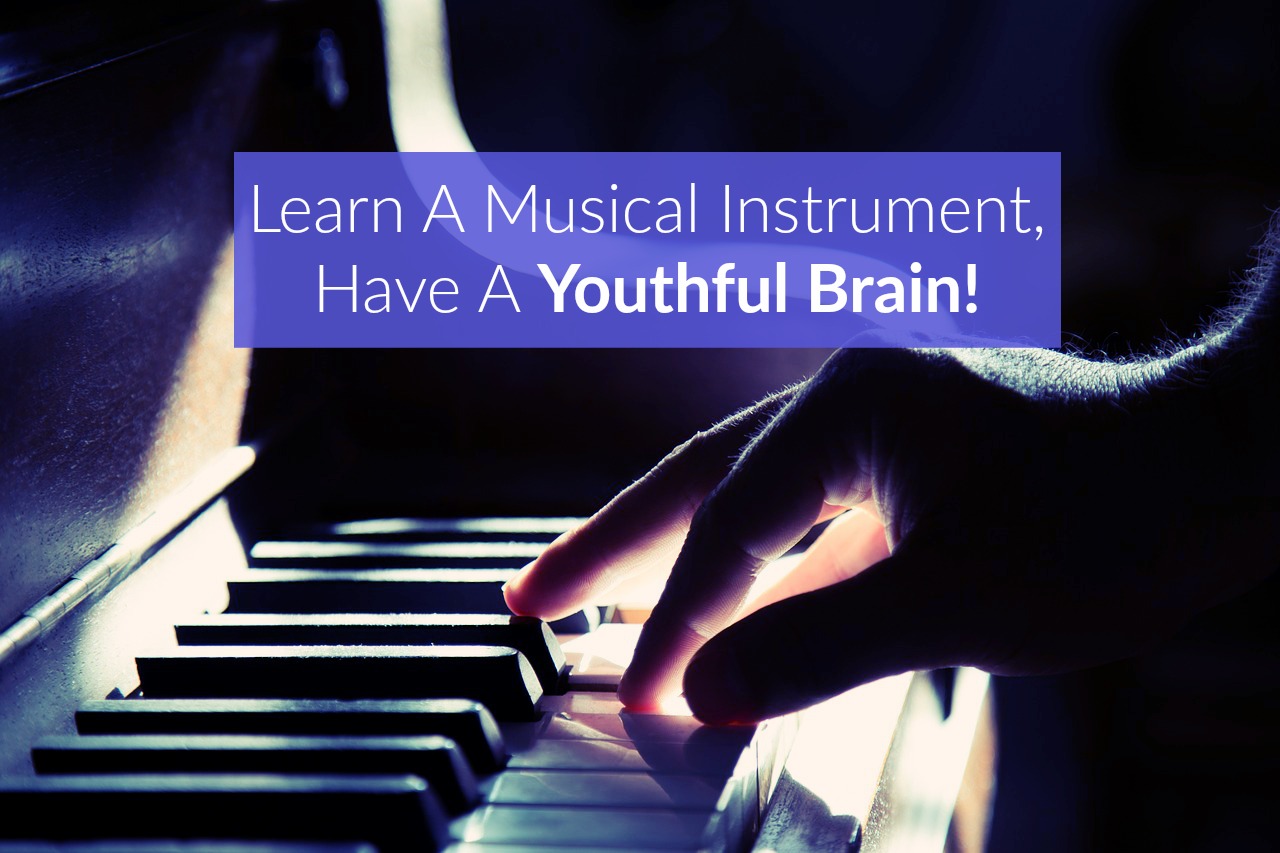We’ve all seen people in their senior years that are full of the zest of life.
They amaze us with what they can do, from sky diving great grandmothers to people still driving at 100 to sharp-as-a-tack great grandfathers who play a mean game of chess. The definition of what ‘good hobbies for seniors‘ are, continues to grow!
We envy their abilities and hope that we too will experience abundant vitality in old age.
But what are their secrets?
Are they just lucky or do they know something about aging vigorously?
An Older Population
Thanks to advances in the medical field people are living longer than in previous generations.(1) In addition, younger people are having fewer children, and the large post – war Baby Boomer generation has reached retirement age.(2)
All of these factors combine to create a large number of seniors in the population demographic of most western nations. Not surprisingly, researchers and medical professionals are reporting a higher number of age-related brain disorders such as Alzheimer’s Disease.(3)
In response to this trend, a number of researchers have been looking at ways to prevent cognitive decline and boost brain function into old age. And one of their areas of study has found something surprising. Playing a musical instrument appears to be more beneficial to the brain than other forms of leisure.
Play An Instrument, Boost Brain Power
Brenda Hanna-Pladdy and Alicia MacKay, neuropsychologists at the University of Kansas Medical Centre, conducted research into the effects of playing a musical instrument on the aging brain.(4)
Their study looked at healthy seniors with the same lifestyle, education levels and exercise factors. The main variable was the level of participation in playing a musical instrument throughout their lifetime.
The study divided the participants into three groups:
» non-musicians
» low-activity musicians
» and high-activity musicians
The most common instrument played by participants was the piano, followed by woodwinds. Classical music was the most common musical genre, followed by popular music. Participants also had to report the frequency of their musical activity.
The study found some surprising results…
High activity musicians had a greater ability to recall words used previously and their word retrieval ability was greater, as was their ability to recall names.
They were also faster at processing visual and spatial information. The study uncovered a linear relationship between the number of years spent playing an instrument and cognitive health; the longer a participant had played an instrument, the better the predicted outcome for cognitive health in old age.
Researchers Caution…
Drs MacKay and Hanna-Pladdy noted that it is significant that the areas of greatest strength amongst high-activity musicians (memory, naming and executive functions) are also the areas that experience the greatest decline with the onset of Alzheimer’s Disease and other age-related cognitive illnesses.
However, they caution that more work needs to be done in this field to further explore areas not addressed by this study.
Learning An Instrument In Later Life Has Benefits
Another study conducted by researchers at the University of Barcelona, Spain, looked at the cognitive effects experienced by elderly people learning the piano for the first time.(5)
The group was aged 60 – 84 and had never played an instrument or learned to read music. During the four-month trial participants attended a weekly piano lesson and practiced for 45 minutes daily. A control group undertook other forms of leisure activities.
By the end of the study, researchers discovered that playing the piano engaged participants’ brains in ways that other forms of leisure didn’t. The study found that the piano players experienced better executive function and motor abilities and an enhanced visual scanning ability.
It also discovered that the piano players had less depression, experienced better moods and enjoyed a better psychological and physical quality of life overall.
Researcher Recommendations
Although researchers caution that much still needs to be done in this field of study, both studies recommended learning or playing a musical instrument in later life.
Both studies recognized the benefits of a rewarding and socially engaging activity that also appears to pay dividends in better mental health and cognitive function.
It’s never too late to begin learning a musical instrument or resume playing one learned long ago. People who follow this advice enjoy the benefits into old age.
References
(1)http://abcnews.go.com/Health/story?id=118056&page=1
(2)https://www.fatherly.com/work-money/how-american-corporate-culture-suppresses-the-countrys-birth-rate/
(3)https://mcgovern.mit.edu/brain-disorders/by-the-numbers
(4)https://www.apa.org/pubs/journals/releases/neu-25-3-378.pdf
(5)http://www.ncbi.nlm.nih.gov/pmc/articles/PMC3814522/
Leave Feedback: Was this article helpful?

